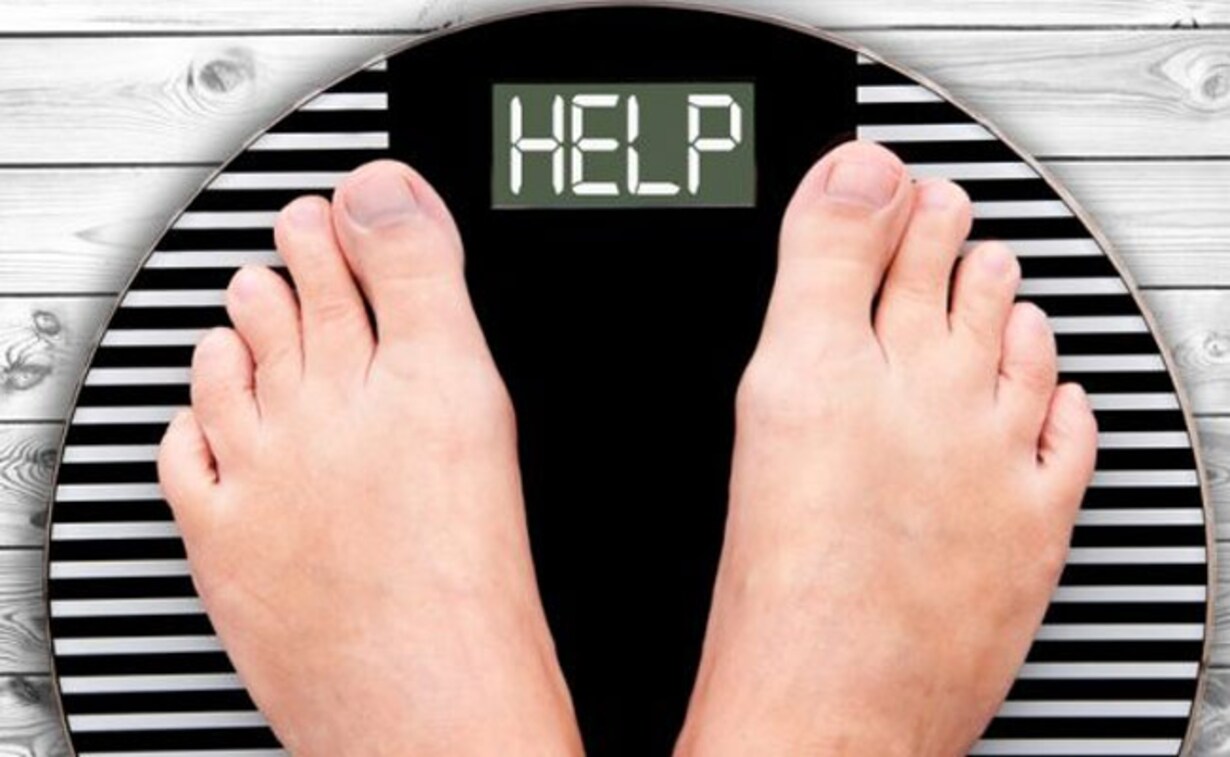Gaining weight when you don’t want to is so prevalent that it’s more of a rule than an exception. Unintentional weight gain can be caused by a variety of factors. So, if the number on your scale is rising and you’re not sure why, here are nine items to check for as potential causes.
Foods Consumed
While it is true that the quantity of calories we store as fat may be simplified to a simple calculation (calories ingested – calories burnt = calories stored or lost), human physiology complicates gaining or losing weight.
Food is more than just calories and nutrients to our bodies. Food is also a source of information. The food we consume informs our bodies something about our surroundings, and our bodies alter in reaction to that knowledge in a variety of ways.
It alters how we process and store the calories we ingest. It regulates whether or not our appetites are aroused or repressed. It also influences our metabolism, either slowing or speeding it up. This means, among other things, that the type of food we eat affects our weight in addition to the number of calories it contains.
For example, eating a lot of carbohydrates with a high glycemic index raises our insulin levels. Consider insulin to be fat’s jailer: it stores fat in our fat cells, refuses to release it, and keeps us from burning it off. We can lower our insulin levels and aid release that “incarcerated” fat by eliminating high-glycemic carbohydrates.
Eating Habits
Eating habits can also influence weight growth. Eating five smaller meals per day rather than two or three larger ones, for example, has been linked to a lower risk of becoming overweight.
Eating breakfast on a daily basis2 is also considered to lower the risk of weight gain, but there are some drawbacks to this practise. Eating before bedtime, on the other hand, has been linked to obesity (and sleep disturbances).
Keep in mind that our bodies modify how we handle calories as we age. As a result, we gain weight considerably more easily later in age than we did when we were younger. This weight increase frequently occurs in the absence of any obvious change in our diet or exercise level, leaving it “unexplained.”
Inadequate Physical Activity
Sedentary lifestyles are significantly linked to weight growth. Engaging with a lot of gadgets, such as while watching TV, gaming, or browsing through social media, is a sedentary activity that has been linked to an increased risk of obesity.
Regular exercise not only burns calories directly, but it may also rev up our metabolism, causing us to burn more calories between workouts. Determine how much exercise you require and make it a priority to obtain it.
Sleep Deficiency
Getting less than 7 hours of sleep every night has been linked to weight growth. The explanation behind this is because sleep deprivation reduces the appetite suppressing hormone leptin while increasing the hunger stimulating hormone ghrelin.
As a result, when we are sleep deprived, we become hungrier and eat more. If your lifestyle includes going without enough sleep on a regular basis, this can easily lead to weight gain.
Quitting Smoking
While quitting smoking is beneficial to one’s health, it might result in weight gain. In fact, some experts believe that smoking cessation programmes should always incorporate food and exercise components in order to avoid excessive weight gain.
Cardiovascular Disease
Heart failure is caused by a variety of heart diseases and is related with weight gain due to fluid retention. People with heart failure frequently develop edoema in their legs, but can retain up to 20 kg (44 pounds) of fluid in their entire body.
Other Medical Issues
A variety of different medical conditions can cause weight gain by inducing fluid retention. For example, renal diseases, particularly nephrotic syndrome, can cause substantial weight gain due to edoema.
Conclusion
Poor food and exercise habits are the most prevalent reasons of weight gain. If you are eating healthily and exercising regularly, you should talk to your doctor about if you have one of these other probable reasons of weight gain.



